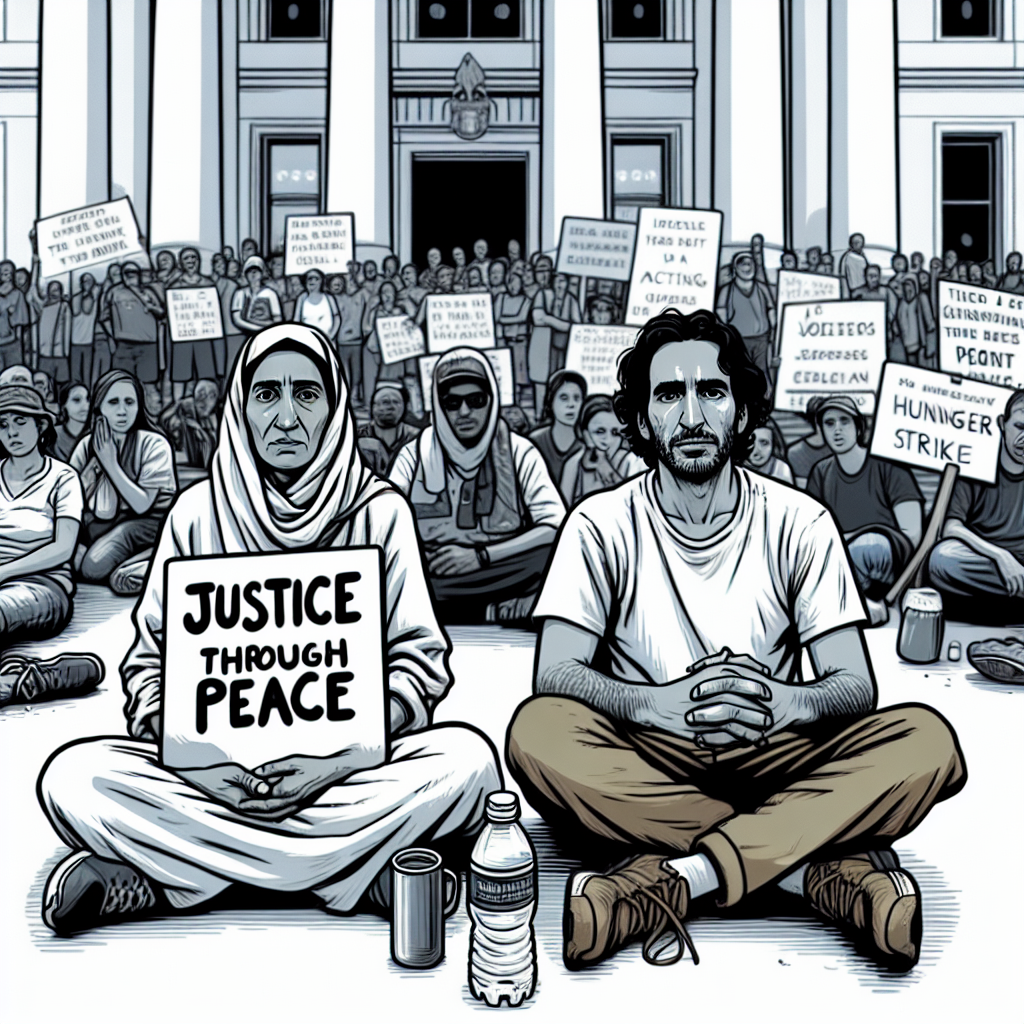JNU Students End Hunger Strike After 17 Days as Demands Partially Met
The Jawaharlal Nehru University Students Union (JNUSU) concluded a 17-day hunger strike early Tuesday morning after the JNU administration agreed to some key student demands and gave verbal assurances on others. The protest was initially undertaken by 16 students, culminating with just two participants remaining due to health deterioration.

- Country:
- India
The Jawaharlal Nehru University Students Union (JNUSU) ended their hunger strike early Tuesday morning after 17 days of protest against the university administration to press their demands.
According to the students' union, the hunger strike was called off after the JNU administration on Monday agreed to several of its key demands and provided verbal assurances on others.
Due to the worsening health of the hunger strikers, JNUSU has decided to call off the hunger strike. However, our struggle is far from over. The mode of protest has changed but the fight for our demands continues with renewed determination,'' the JNUSU said in a statement.
The protest, which began on August 11 with 16 students sitting on an indefinite hunger strike, ended with only two participants remaining—JNUSU President Dhananjay and Councillor Nitish Kumar—after several students had to withdraw due to their deteriorating health conditions.
In a statement on Monday, the union reported significant health declines among the participants. JNUSU General Secretary Priyanshi Arya disassociated herself from the protest, citing disagreements with Left-affiliated members of the union.
The union stated that JNU agreed to increase Merit-cum-Means (MCM) scholarships, extend them to more students, release data on university personnel, and hold sensitisation programs. A central demand, the reinstatement of the JNU Entrance Exam, received a verbal assurance but no official confirmation.
The JNU administration, which does not recognize JNUSU officially, engaged in dialogue focused on student welfare and agreed to review several other demands, including reducing viva marks in admissions and extending access to Parthasarathy Rocks Gate.
The union also noted commitments to drop inquiries against students involved in recent protests and change PhD fellowship form submission requirements.
(With inputs from agencies.)
ALSO READ
WHO's Blueprint for Future-Proofing Health Systems and Addressing Inequalities
FDA's Milestone for Opdivo, Legal Hurdles for Hain Celestial, and More in Health Sector
PTI-Government Talks: Crucial Demands and Deadline Set
Baloch Yakjehti Committee Demands Justice Amid Crackdown
Reliance Industries' Bold Pivot: From Oil Dominance to Healthcare Innovations










